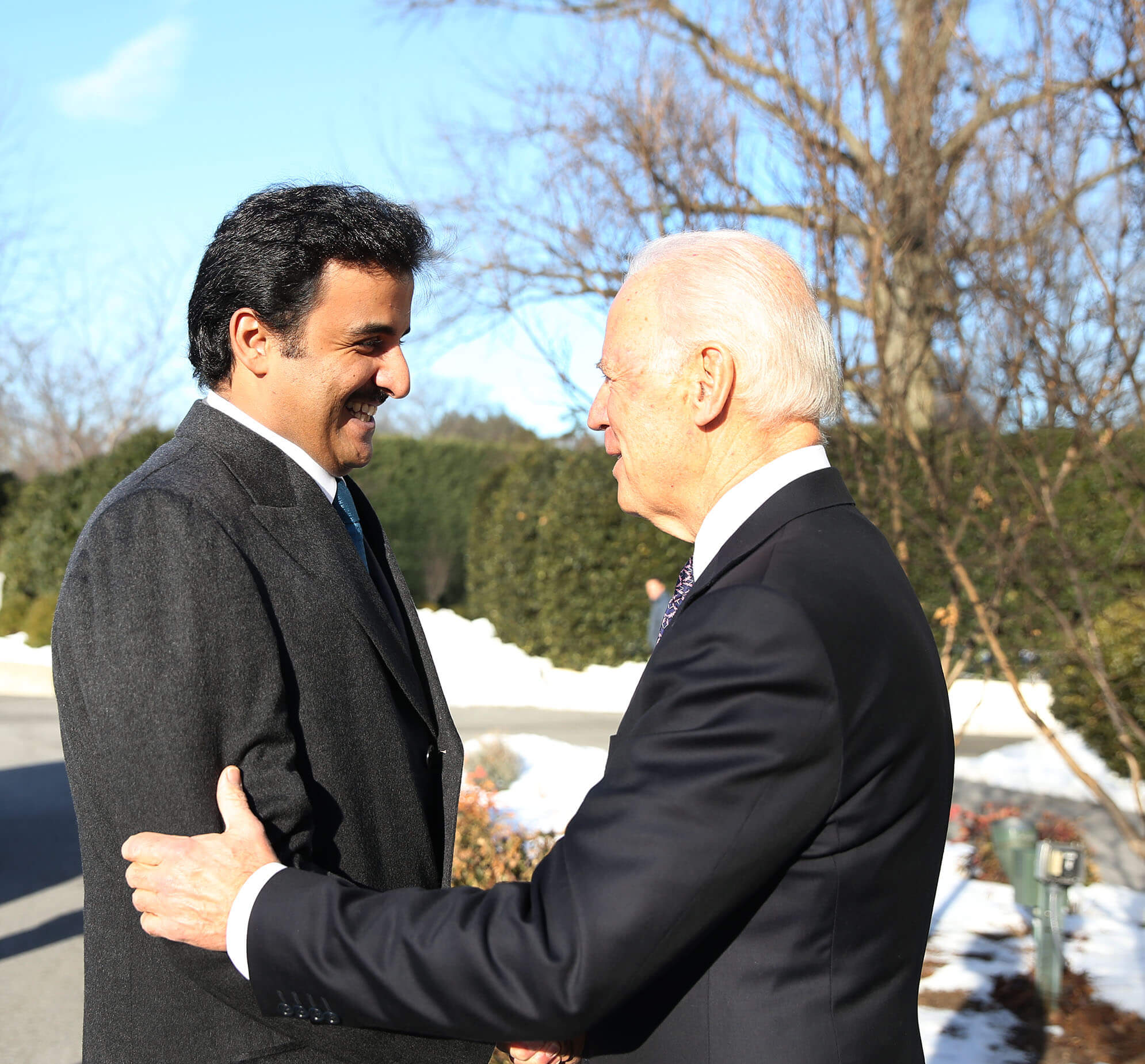Last month, Doha’s deputy minister of foreign affairs, Lolwah Al-Khater said her country is ready to create “constructive dialogue” between Washington and Tehran.
A senior US official said Qatar’s geographic location can help assist mediation efforts between Iran and the United States, though analysts believe this may be easier said than done.
US Commander General Kenneth McKenzie made the remarks in an online discussion hosted by the Middle East Institute on Monday.
“I mean, the geography of Qatar, just to take a look at a map, places it at the very centre of the region. Certainly when you consider the problem with Iran, they have a large role to play in that,” said McKenzie.
Qatar is a key ally to the United States and enjoys friendly relations with Iran. In recent weeks, Doha has extended a helping hand in conciliation between the two states and Tehran’s regional rivals, Riyadh and Abu Dhabi.
Speaking to Doha News, Dr. Imad Harb, Director of Research, Arab Center in Washington DC said the official’s remarks could suggest Washington’s willingness to engage in de-escalation.
“It is obvious that the United States is interested in finding some working formula for de-escalation with Iran. Washington really is worried about the tension between some GCC states and Iran that may draw it into a conflict in the area,” Dr. Imad said.
Last month, Qatar’s Assistant Foreign Minister and Spokesperson for the Ministry of Foreign Affairs Lolwah Al-Khater said her country is committed to engaging in “constructive dialogue” between Tehran and Washington.
“Qatar has expressed its willingness to play such a role, yet we have to be invited by both parties, who are still hesitant to take this step, in terms of entering and engaging in direct negotiations,” said Al-Khater at the time.
Read also: After Trump’s major shifts, what will happen between Biden, Iran and the Gulf?
Tensions between the US and Iran saw a spike last year with the assassination of Iranian General Qassem Soleimani, placing the region at the edge of military escalation. At the time, Qatar stepped in to mediate between the two states to calm the situation.
However, with the US President Joe Biden in the White House, analysts believe Washington could be more focused on domestic issues, with potential calls for mediation between Washington and Tehran designed to reduce the toll of foreign issues on the new administration.
“Biden today is most interested in addressing domestic affairs, COVID, the economy, protecting American democracy, etc, and would like to free his administration from foreign problems that might distract it,” said Dr. Harb.
The Biden Administration has recently started looking into the 2015 nuclear deal, dubbed the Joint Comprehensive Plan of Action, which the US is said to be gradually reviving after former President Donald Trump withdrew from it in 2018.
Signed between Iran and the P5+1 – China, France, Russia, the United Kingdom, the United States, and Germany – the deal limited its nuclear weapon production in exchange for the lifting of sanctions on the country.
However, experts believe the gradual return of the US to the deal could decrease stifling sanctions on Iran.
“Biden should not be understood to accept that Iran continues with developing its nuclear program without safeguards that were included in the nuclear deal of 2015,” said Dr. Harb.
He added that Qatar can also play a crucial role in convincing Iran and the US to go back to the nuclear deal “without preconditions”, including Iran not demanding a “complete lifting of sanctions” and the “US not increasing demands for Iran’s compliance, such as adding demands about ballistic missiles”.
On Wednesday, Qatar’s Minister of Foreign Affairs Mohammed bin Abdulrahman Al Thani said Doha has been in contact with Iran and the US as part of its efforts to ensure regional stability while calling for diplomatic efforts to return to the nuclear deal.
But this is no easy feat, Dr. Harb said.
“It should be understood that Qatar’s role here is not going to be easy, but its geographic location, its hosting of American troops, and its importance for security for the GCC countries necessitate its full engagement.
“This does not mean that some other GCC states (such as the UAE, for instance) will not object to Qatar’s mediation; but this should not stop the Qatari leadership from trying,” said Dr. Harb.
Follow Doha News on Twitter, Instagram, Facebook and Youtube







